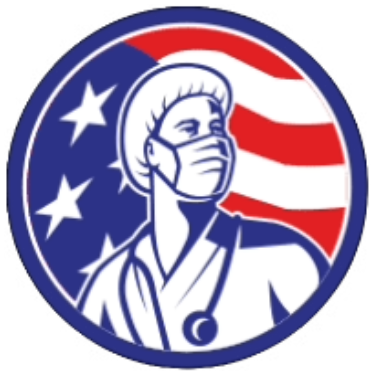Book Appointment Now
Mentor Checklist
Personal Statement Mentorship Guide
An evidence-based guide to transform your mentoring from lecturing to effective coaching.
Overview & Key Principles
Purpose of the Personal Statement
- Reveal personality beyond metrics
- Explain specialty choice rationale
- Convey future goals & value proposition
Coaching vs. Lecturing Ratio
Critical Insight: The Coaching Mindset
The most common mentoring mistake is lecturing. Effective coaches ask powerful questions that guide mentees to their own conclusions, fostering ownership and authenticity.
Effective Mentoring Methodology
1. Lead with Questions
Guide discovery through powerful questioning.
2. Extract Skills First
Identify transferable skills before building narratives.
3. Time-Box Sessions
Structure sessions for balanced dialogue.
Structured Session Framework (90 mins)
Personal Statement Structure
The Three-Tier Strategy
A single personal statement is not enough. Tailor versions for different program types to maximize relevance and impact.
Tier 1: Top Academic
Focus on research, academic goals, and fellowship plans.
Tier 2: Mid-Tier
Balance clinical stories with research and diverse interests.
Tier 3: Community
Highlight clinical excellence, leadership, and patient care.
Avoid Clichés:
Steer clear of "Since I was a child..." or "My grandmother's illness..." stories.
Coaching Questions:
- "What unique perspective do you bring to medicine?"
- "Describe a specific moment that solidified your calling."
Connect your core skills and values to the specific demands and nature of the specialty. Use concrete examples from clinical experiences to show, not just tell, your suitability.
Showcase 1-2 powerful patient encounters. Focus on what you learned, how you grew, and how it demonstrates your clinical reasoning and empathy. For IMGs, positively frame the desire for US training (e.g., mentorship, research opportunities).
Conclude by summarizing your value proposition. What unique strengths will you bring to their specific program? Briefly mention your 5-year vision and how their program is the ideal place to achieve it.
Advanced Coaching Techniques
Powerful Questions Framework
Discovery Questions
"Tell me more about..." or "What did that experience teach you?"
Connection Questions
"How does this relate to your specialty choice?"
Reflection Questions
"What does this say about who you are as a person?"
Skill Extraction Process
- Explore the experience fully without judgment.
- Identify specific, transferable skills demonstrated.
- Discuss how these skills apply to medicine.
- Connect them directly to specialty requirements.
Common Mistakes & Solutions
Content Pitfalls
- Using overused clichés
- Criticizing previous training systems
- Rehashing the CV without new insights
- Mentioning competing specialties
Coaching Pitfalls
- Lecturing instead of listening (over-talking)
- Imposing your own narrative or ideas
- Rushing to specialty fit before exploring skills
- Writing the statement for the mentee
Resources & Tools
Session Prep Checklist
Session Outcome Metrics
- Student discovers 2-3 core themes independently
- Student feels ownership of their narrative
- Clear action plan with next steps is defined
